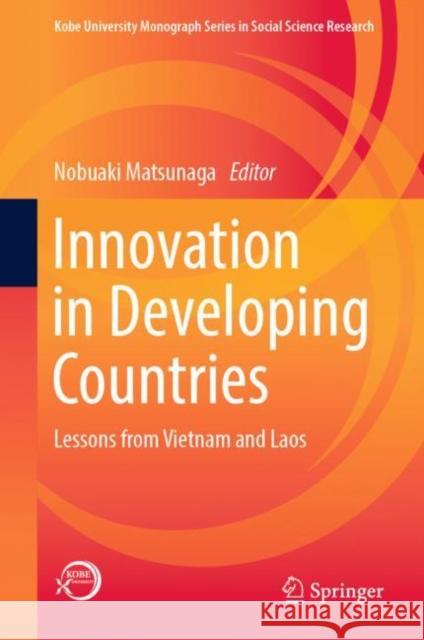Innovation in Developing Countries: Lessons from Vietnam and Laos » książka
Innovation in Developing Countries: Lessons from Vietnam and Laos
ISBN-13: 9789811335242 / Angielski / Twarda / 2019 / 129 str.
The main focus of this book is innovation for developing countries: what is innovation for, what are the current conditions of innovation, and how to effectively innovate in developing economies. It contains latest insights and analyses of innovation based on intensive interviews as well as primary and secondary data of manufacturing firms in developing countries, Vietnam and Laos in particular. Innovation requires something new. Integration of deep understanding of innovation and econometric analyses can be a 'new combination' of this book, which lends contrast to other similar books in the field. This novelty may benefit policy makers as well as scholars and firms in poor countries.The main points are summarized as follows:First, for most poor countries 'learning innovation' is the key to economic growth rather than 'leading-edge innovation', which is more popular in similar books on innovation. Second, an overwhelming majority of innovations currently used in poor countries are developed in advanced countries, so technology transfer and learning from the latter are a fundamental source of innovation in the former. Third, surprisingly high rate of firms (around 50%) reported that they introduced new or significantly improved products or processes in poor countries, and this high innovation rate is a blessing to be enhanced by government policies. Fourth, the common factors driving innovation of manufacturing firms in Vietnam and Laos are (1) human capital, (2) social capital, and (3) innovation activities in the past. Fifth, the impact of innovation on firm performance are found mixed in these countries. Sixth, so far almost all studies on innovation have focused on product or process innovation, but more light should be shed on organizational innovation.











